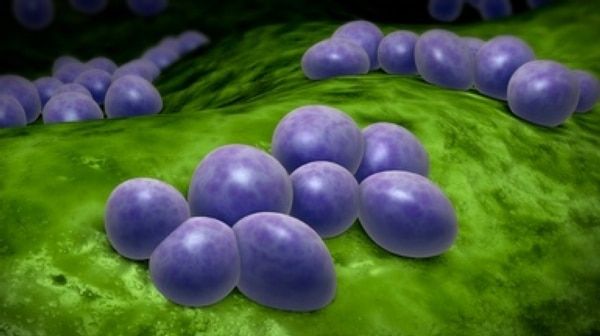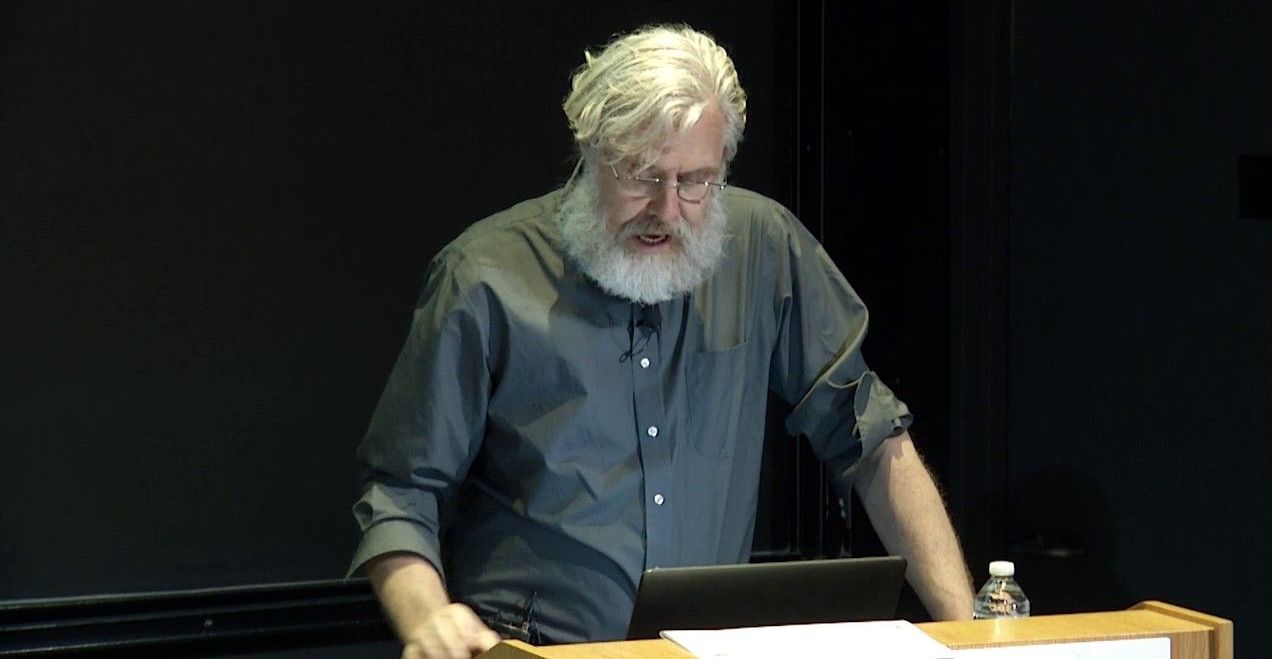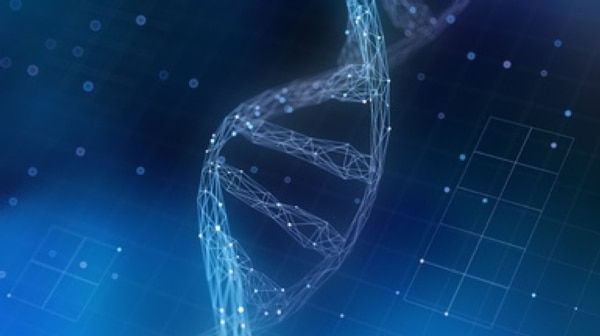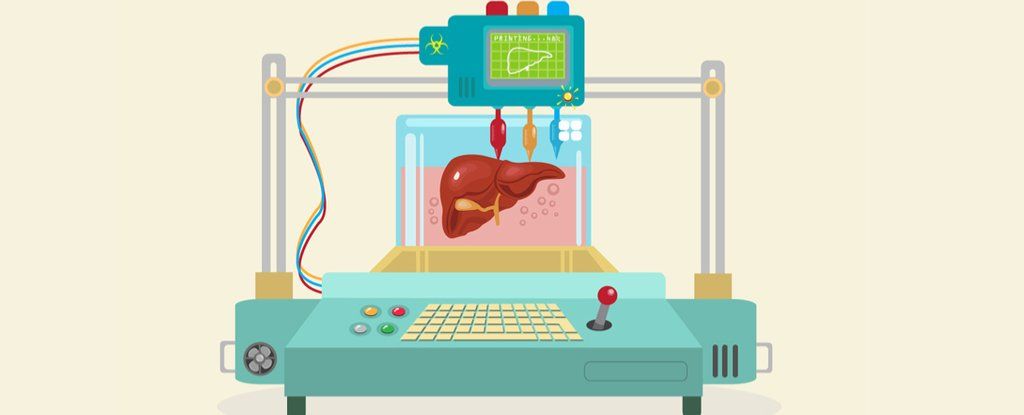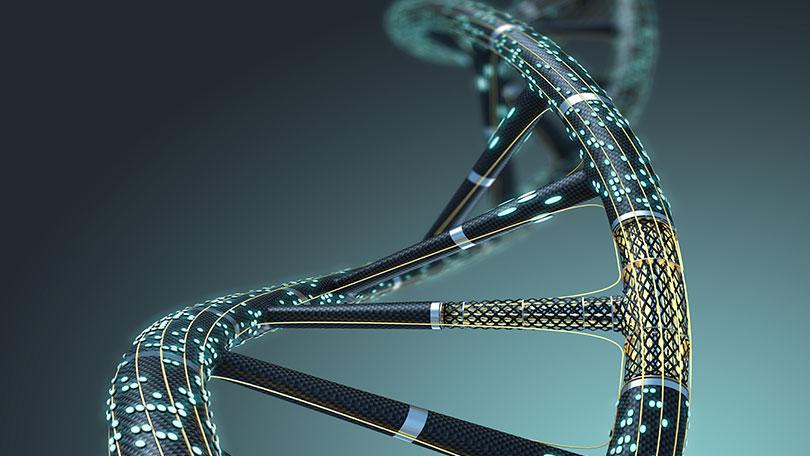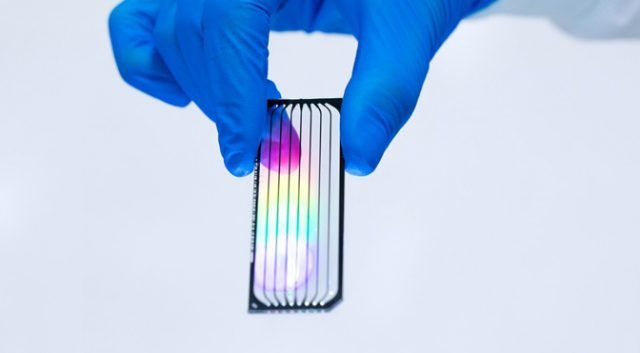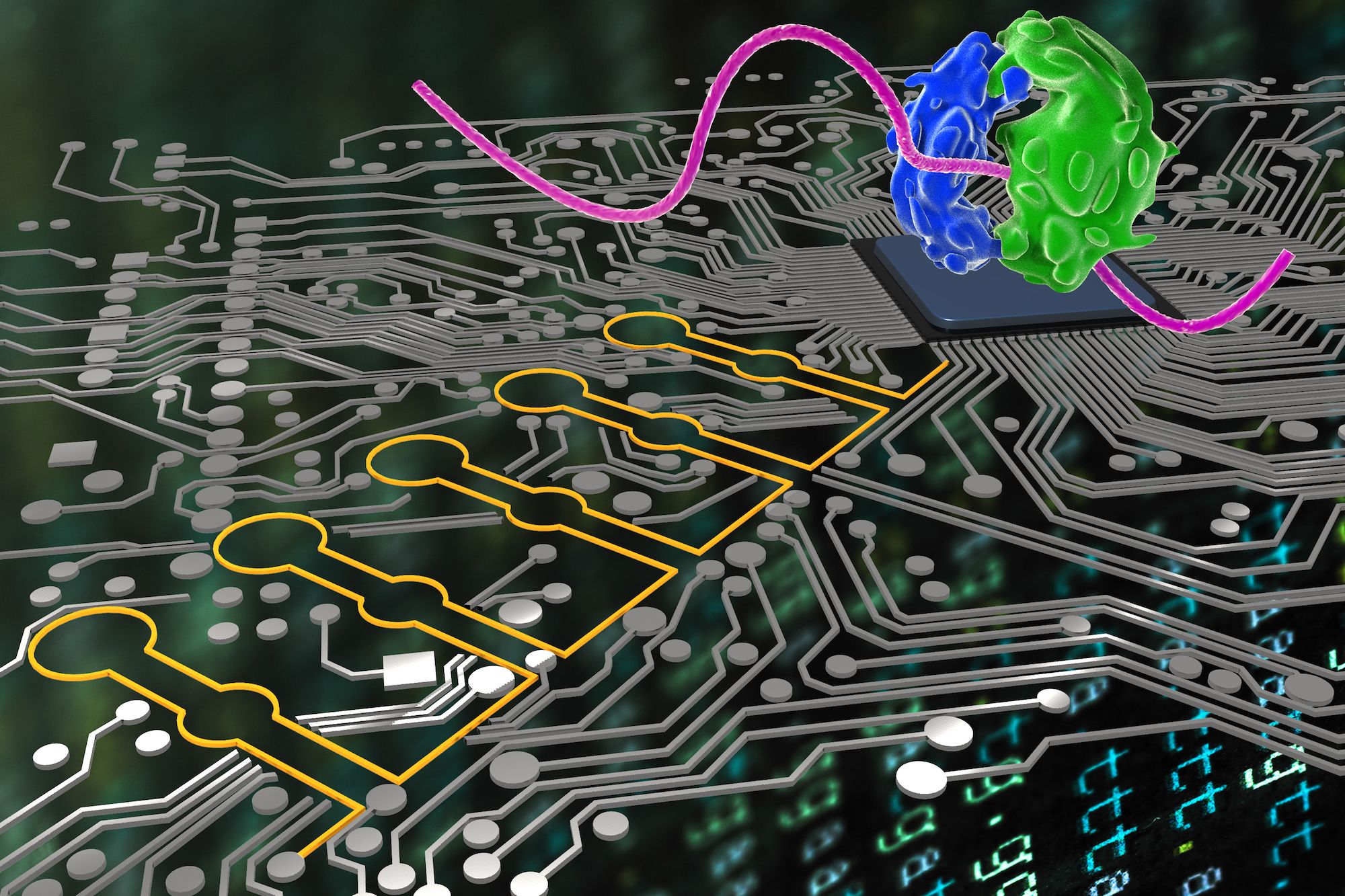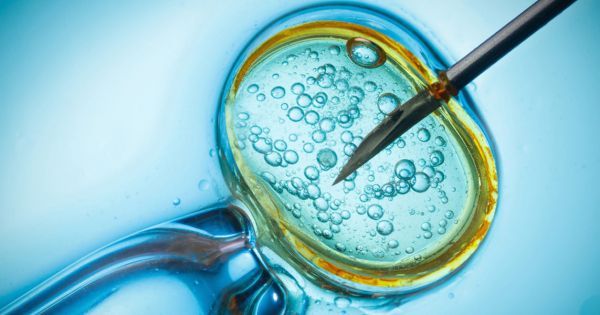
For every month in space, astronauts can lose 2.5 percent of their bone density. This is quite troublesome, as it will likely compound with the natural process of aging that also reduces bone density. However, a new therapy could be a fantastic solution to this issue, along with many other bone-weakening conditions.
Researchers from University College London have discovered that stem cells found in human amniotic fluid could be used in a treatment to strengthen brittle bones. The research, published in Scientific Reports, shows the treatment resulted in 79 percent fewer fractures in mice with brittle bone disease. Out of a total 324 mice, 168 were treated, while 156 served as the control group. Eight weeks after the mice were treated both the test group and the control group were evaluated for fractures.
Every control mouse exhibited fractures. Conversely, fractures in the experimental group decreased between 69 and 89 percent, leading to the 79 percent decrease in the fracture rate across all tested bones. Pascale Guillot, the study leader, found that the treatment was not resulting in new bone formation, but instead helping to fortify existing bone tissue.
Continue reading “New Stem Cell Therapy Could Help Treat Osteoporosis and Restore Bones” »


